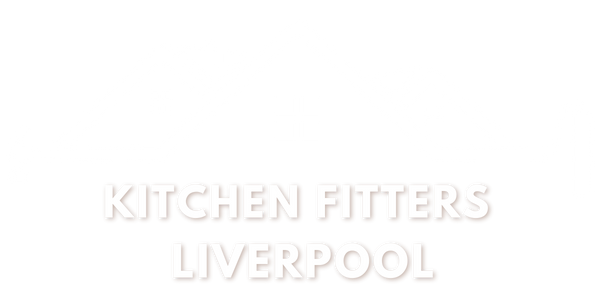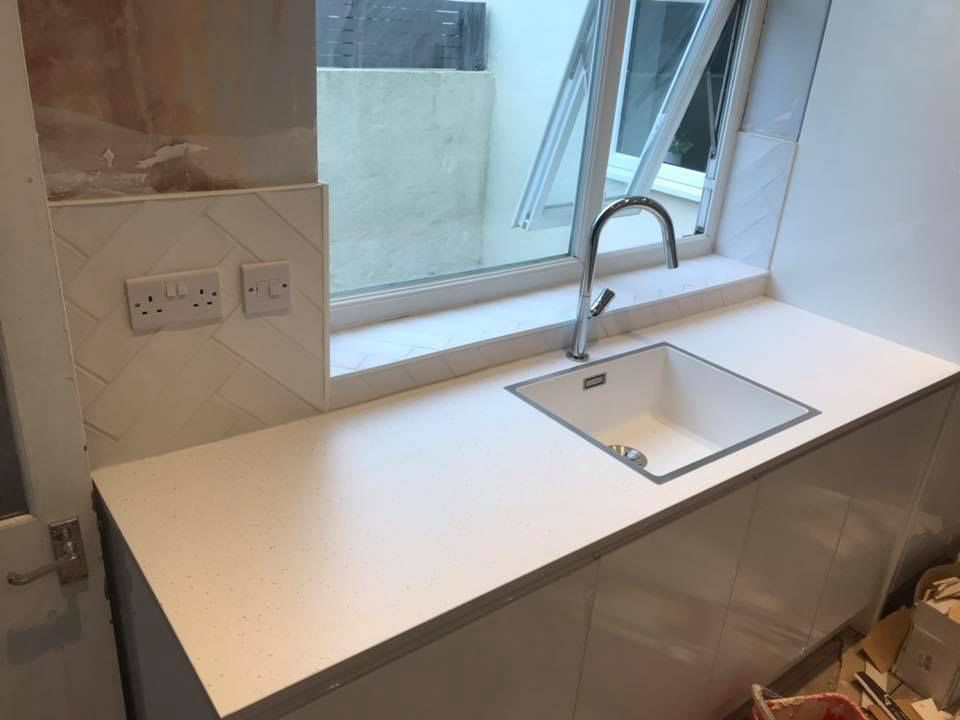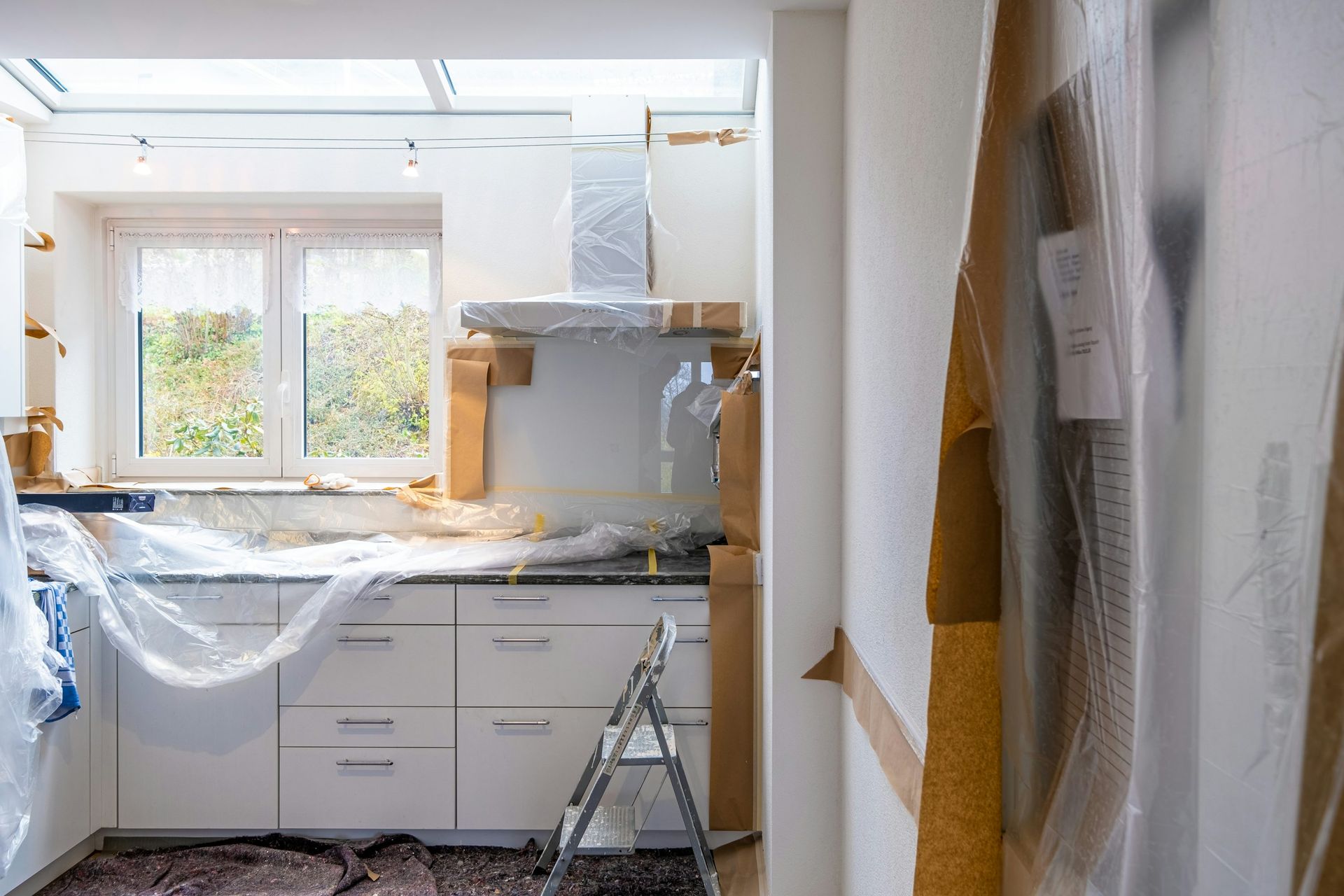For most homeowners, kitchen renovations can be a significant financial investment. It is essential to balance short-term expenses with their long-term value. Those who grasp the complete financial picture can make better decisions and avoid the typical mistake of underbudgeting. By understanding the real costs involved in a kitchen renovation, homeowners can transform their kitchens without having unexpected financial surprises.
Understanding Budget Categories
The UK kitchen renovation market can be divided into three budget segments, depending on the extent of the project and quality standards. Basic kitchen renovations between £5,000 and £8,000include cabinet refacing, laminate worktops, standard appliances and minimal layout changes. The mid-range category for kitchen renovations spans from £8,000 to £15,000, which enables homeowners to install new units with stone worktops and integrated appliances and perform moderate layout transformations. The premium category of kitchen renovations starts at £15,000 and extends to £35,000 or more by using high-end materials, custom cabinetry and complete structural transformations.
The 5-15% Value Rule
Financial experts agree that the "5-15% rule" serves as a standard guideline, meaning homeowners should spend between 5% and 15% of their home's total value on kitchen renovations. The established guideline helps people avoid spending too much on renovations while making suitable financial investments. For instance, for a property that costs £300,000,, the homeowners shouldspend between £15,000 and £45,000 on kitchen renovations, although most people choose amounts within the lower or middle section of this range.
On the other hand, renovation expenses need to be divided into their specific components for creating fair budget plans. The distribution of renovation expenses between different elements can help homeowners create budgets that are reasonable.
Cabinetry (35%): Cabinets usually cost the most in kitchen renovations, as they determine both design appeal and operational efficiency. The price range for kitchen cabinets starts at under £2,000 for flatpack units but reaches £25,000+ for premium bespoke solutions with mid-range options available between £5,000 and £15,000.
Labour (20-30%): The cost of professional installation makes up between 20-30% of the total project expenses. The daily rates for kitchen fitters starts from £150 while budgets for the service ofelectricians require £200-£400 and budgets for the services of plumbers require £150-£350 per day. The duration of complete installations spans from 5 to 10 days based on the complexity of the project.
Appliances (15%): The starting price for budget appliance packages reaches £1,000 while mid-range sets cost between £2,000 and £5,000 and premium packages can reach above £10,000. The long-term operational savings from energy-efficient appliances often justify their higher upfront costs.
Worktops (10%): The selection of worktop materials determines the final price point. The cost of laminate worktops amounts to £100 per square meter but timber worktops range from £150 to £350 per square meter and premium quartz and granite worktops exceed £300 per square meter according to avorenovations.co.
Contingency (10-20%): Renovation experts stress that setting aside funds for unexpected expenses remains essential for all projects. The process of renovating older homes often reveals structural problems and plumbing and electrical system issues, which require additional work. These older homes often require electrical system upgrades for modern appliance usage and safety compliance standards. Meanwhile, the process of updating outdated plumbing systems during renovations leads to significant additional costs for the renovation budget.
Key Budget Considerations
The cost of kitchen renovations can increase when homeowners choose to modify their layout design. The cost of maintaining current layouts remains lower because it reduces the need for plumbing and electrical system changes.
One common mistake most homemakers make during kitchen renovation is selecting materials based on looks instead of functionality, as that often leads to a poor storage system and insufficient light. These problems that stem from poor initial planning become more expensive to fix in the long run.
Quality installation during the renovation process creates both short-term satisfaction and long-term value for homeowners, while budget restrictions will always affect their choices. A well-executed kitchen renovation project generates significant property value growth, which can reach 10% of the total property value.
The perfect kitchen renovation budget combines short-term spending ability with future-orientated goals. Homeowners who plan their kitchen renovation properly and choose suitable materials and set realistic costs will obtain functional spaces that they can enjoy in their daily life while adding value to their property.
Kitchen Renovations: Pros & Cons (Based on Budget Realities)
Basic: £5k–£8k
Mid-range: £8k–£15k
Premium: £15k–£35k+
Rule of thumb: spend 5–15%
of property value
Pros
Benefits highlighted in the blog
- Value uplift:
A well-executed kitchen can add up to ~10% of property value
over time.
- Better decisions, fewer surprises:
Using the 5–15% rule+ clear cost splits (cabinetry, labour, appliances, worktops, contingency) helps avoid underbudgeting.
- Function & daily use:
Smart planning improves storage, lighting and workflow—long-term quality of life gains.
- Energy savings:
Efficient appliances (often £2k–£5k mid-range; >£10k premium) can cut running costs over time.
- Material choice control:
Options at every tier—laminate (~£100/m²), timber (£150–£350/m²), quartz/granite (≥£300/m²)—let you balance look vs spend.
- Professional standards:
Competent fitting (5–10 days typical) delivers safer electrics/plumbing and better finish.
- Budget transparency:
Knowing typical splits (e.g., Cabinetry ~35%, Labour 20–30%, Appliances ~15%, Worktops ~10%, Contingency 10–20%) makes quotes comparable.
Cons
Risks & trade-offs to plan for
- High upfront spend:
Kitchens are major investments (basic £5k–£8k, premium £15k–£35k+).
- Hidden costs in older homes:
Structural fixes, outdated electrics, and plumbing upgrades can hit the contingency (10–20%).
- Layout changes cost more:
Moving services (water/waste/power) drives labour and time.
- Labour adds up:
Fitters (~£150/day), electricians (~£200–£400/day), plumbers (~£150–£350/day); 5–10 days typical install window.
- Disruption:
Limited kitchen use during works; dust, noise, and scheduling trades.
- Spec creep:
Choosing by look over function can lead to poor storage/lighting and costly rework later.
| Budgeting & Costs |
Typical UK Figures (from your blog) |
| Overall Budget Segments |
Basic £5k–£8k · Mid-range £8k–£15k · Premium £15k–£35k+ |
| Guideline Spend |
5–15%
of home value (e.g., £300k home → £15k–£45k) |
| Cost Allocation (typical) |
Cabinetry ~ 35%
· Labour 20–30%
· Appliances ~ 15%
· Worktops ~ 10%
· Contingency 10–20%
|
| Cabinetry Range |
Flatpack <£2k → Bespoke £25k+ (mid-range ~£5k–£15k) |
| Trade Day Rates |
Fitters ~£150/day · Electricians £200–£400/day · Plumbers £150–£350/day |
| Worktop Guide |
Laminate ~£100/m² · Timber £150–£350/m² · Quartz/Granite ≥£300/m² |
| Typical Timeline |
Full install ~ 5–10 days(complexity-dependent) |
| Potential Value Uplift |
Up to ~ 10%
of property value (well-executed projects) |
Planning tips:
Keep services in place
Contact Us Here



